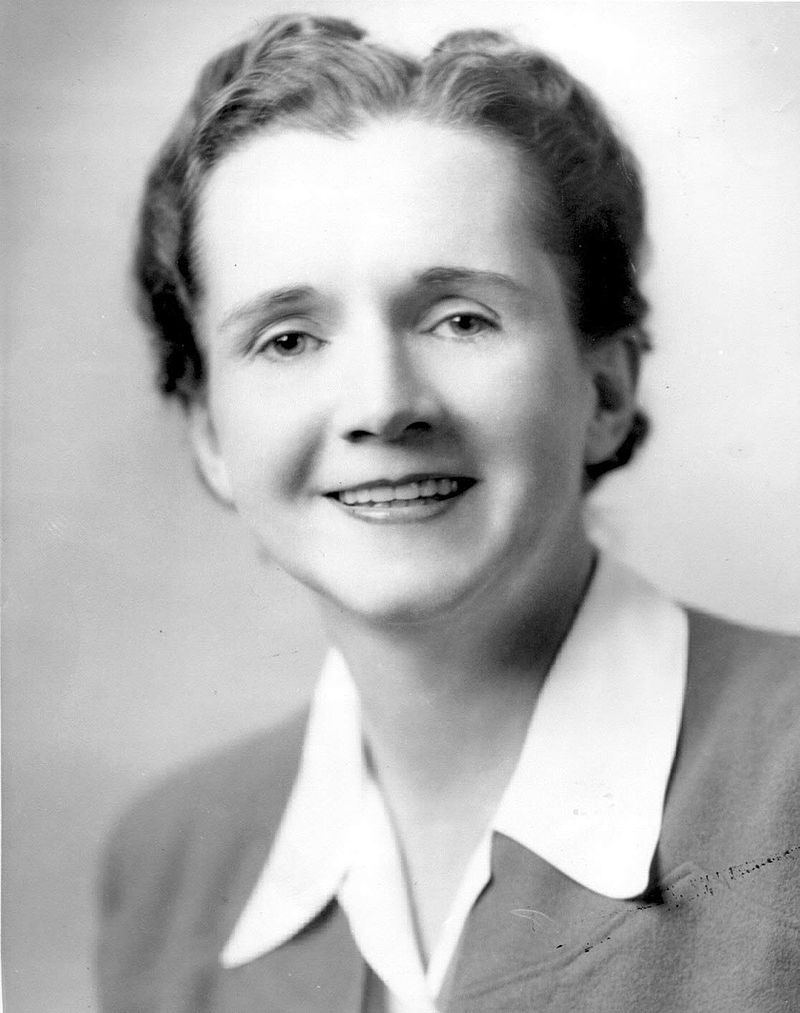I begin this book review with a quote from Rachel Carson, the great marine biologist and conservationist.
What is the value of preserving and strengthening this sense of awe and wonder,
this recognition of something beyond the boundaries of human existence? Those
who dwell, as scientists or laymen, among the beauties and mysteries of the earth,
are never alone or weary of life. Whatever the vexations or concerns of their
personal lives, their thoughts can find paths that lead to inner contentment and
to renewed excitement in living. Those who contemplate the beauty of the earth
find reserves of strength that will endure as long as life lasts.
The keywords here are wonder and awe, the subject of this book by Helen de Cruz, professor of philosophy at Saint Louis University. She offers the Carson quote on page 163. While Carson is best known for her 1962 book Silent Spring, de Cruz is more attuned to Carson’s posthumous 1965 book The Sense of Wonder. “The intertwining of awe, wonder, the sublime, and Carson’s moral concerns about the environment are notable features of her philosophy.”
Even though I have mentioned philosophy twice already, this is not a dry philosophical book. She relates as a 12-year-old, visiting Malaysia: “I still vividly recall my wonder at the astounding beauty of these islands.” And she devotes an entire chapter to wonder and the origins of magic. “Magic and wonder,” she writes, “is our ability to feel moved and astounded by things we deem impossible.”
De Cruz pushes back against the philosophical tradition on wonder, which posits that the mental state of wonder is created by awe. Rather, she explores “the idea that awe and wonder are distinct emotions.” This leads her to a new definition of wonder:
Wonder is the emotion that arises when we are confronted with gaps in our
knowledge. It arises from a glimpse at the unknown terrain which lies just
beyond the fringes of our current understanding. Like awe, it prompts a need
for cognitive accommodation, but it does not necessarily have the dimension
of vastness.
I found it fascinating that Spinoza, writing in 1661, “treats wonder as the first passion.” But I was bewildered that in his posthumously published book Ethics, “Spinoza no longer numbers wonder as one of the primary affects, having reduced these to just three: joy, sadness and desire.” I’m bewildered because de Cruz simply reports this as a fact, without offering any thoughts on why he did this. Quite infamously (but correctly), Spinoza denied the divine origin of the Hebrew Bible; de Cruz gives more attention to the view of the Jewish scholar Joshua Heschel (1907-1972). He wrote that awe is required to see the world as an end, beautiful in itself, which leads to religious wisdom. De Cruz writes: “We simply trust that science and technology will defeat any problems that arise. However, Heschel believed this was a dangerous idea. Awe and wonder are the antidotes to this misplaced smugness.”
There is much to savour in this small book, from the writings of Aristotle to the beliefs of Descartes. “I take the Cartesian view of the passions,” writes de Cruz, “in order to examine the role of awe and wonder in our lives.” De Cruz leads us on a sprightly journey, which I highly recommend.
Wonder Struck: How Wonder & Awe Shape the Way We Think is by Princeton Univ. Press. It lists for $13.98.
